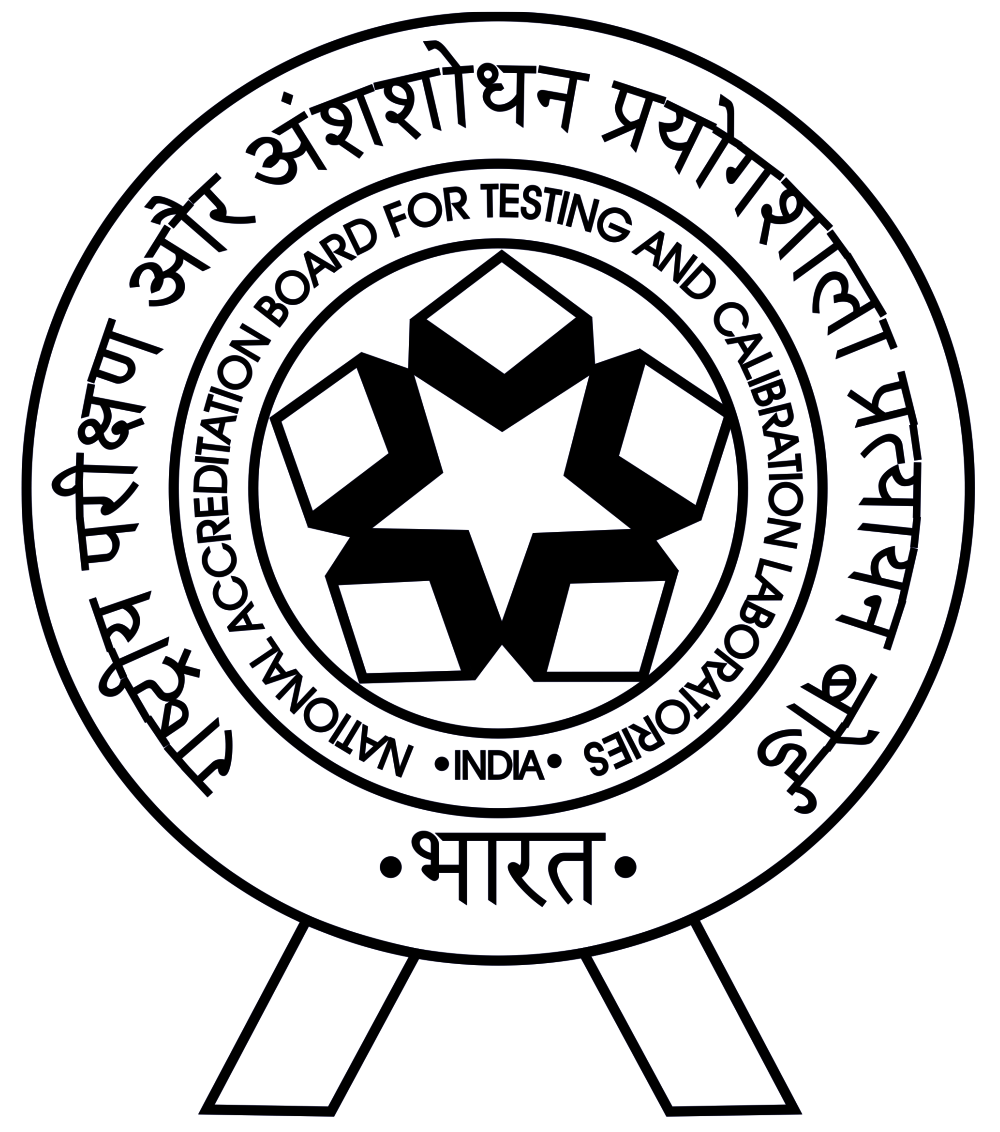
Lifestyle Management & Longevity Care for a Healthier, Longer Life at ShardaCare – Healthcity
Lifestyle management means making conscious, sustainable changes in daily habits—what you eat, how active you are, your sleep hygiene, how you manage stress, and whether you maintain strong social connections. It is prevention-based, holistic, and deeply personal.
Key pillars include:
- Nutrition: A balanced, whole-food diet can help control weight, boost immunity, and prevent diseases like diabetes, hypertension, and heart conditions.
- Exercise: Just 30 minutes of moderate physical activity a day improves cardiovascular health, strengthens muscles, and enhances mental well-being.
- Sleep: Quality sleep resets the body and supports everything from memory to metabolism.
- Stress Management: Chronic stress accelerates ageing. Techniques like meditation, yoga, or even simple hobbies help maintain emotional balance.
- Preventive Healthcare: Regular health check-ups and early detection can reduce disease burden and enhance quality of life.
The Link Between Lifestyle and Chronic Diseases
Most chronic illnesses—diabetes, heart disease, obesity, and even some cancers—are closely tied to poor lifestyle choices. On the other hand, research shows that people who follow healthy habits live up to 10–15 years longer without debilitating disease. It’s not just about adding years to life—but life to those years.
A New Perspective: Longevity Through Lifestyle
In the end, longevity should not be seen as a goal in isolation. It is the natural result of living wisely every day. Instead of chasing a magic pill for a longer life, focus on lifestyle upgrades you can control today.
Start small. Swap junk food for fruits. Walk instead of scrolling. Sleep early. Breathe deeply. Laugh more. These habits are powerful medicine—and the most reliable path to a vibrant, long life.
Looking for an Expert
ShardaCare - Healthcity is home to some of the eminent Doctors in the world.
Book an Appointment













